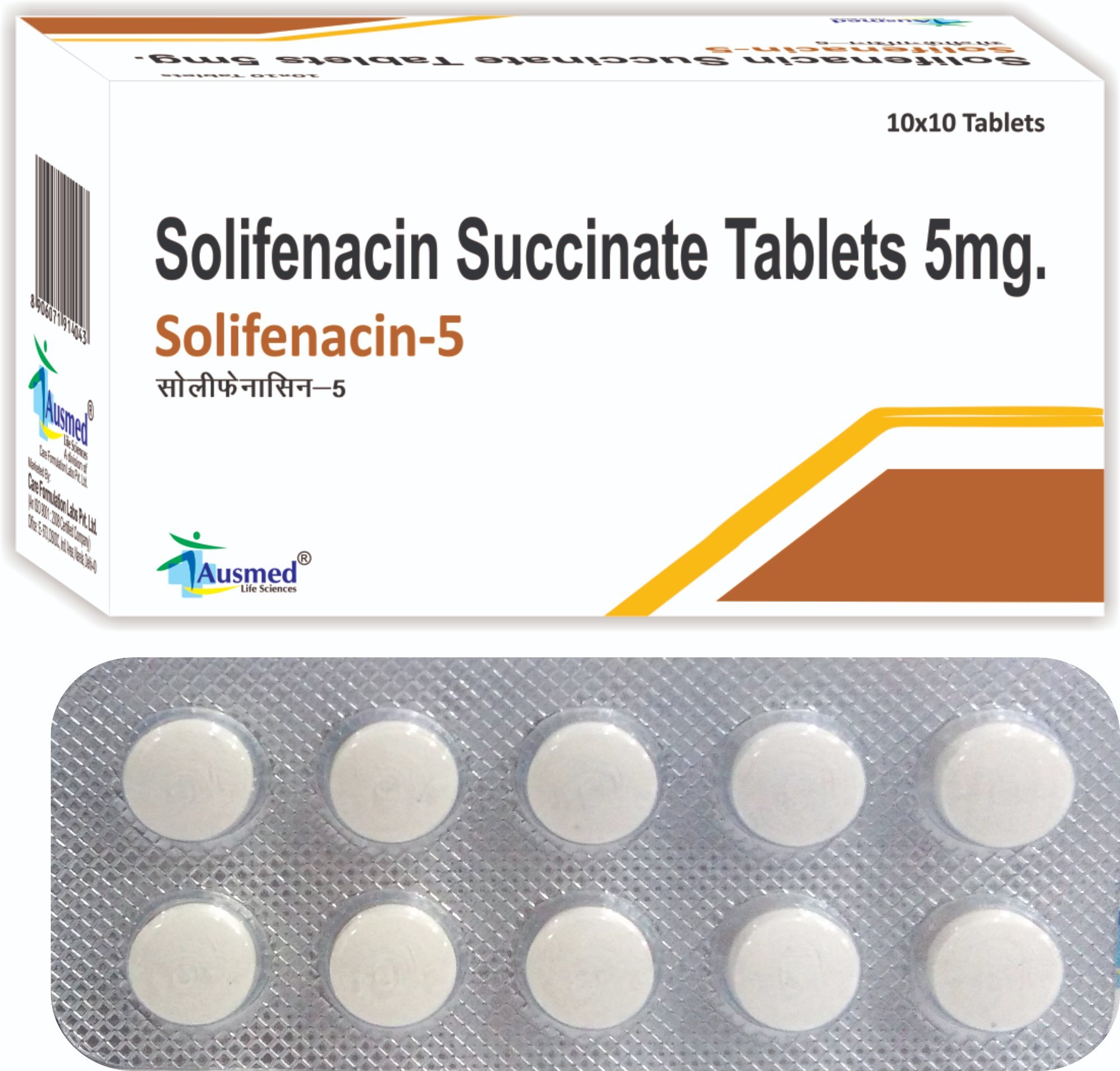Solifenacin Succinate: A Comprehensive Guide to Understanding its Uses and Benefits
What is Solifenacin Succinate?
Solifenacin succinate is an antimuscarinic medication commonly prescribed to treat urinary incontinence and overactive bladder. It works by blocking specific receptors in the bladder, reducing the urgency and frequency of urination. Solifenacin succinate is available in various forms and dosages to suit individual needs.

Medical Uses and Benefits
Solifenacin succinate is primarily prescribed for the treatment of urinary incontinence and overactive bladder syndrome. These conditions can cause symptoms such as urgency, frequency, and nocturia, significantly impacting a person’s quality of life. By taking solifenacin succinate, patients can experience relief from these symptoms, leading to improved bladder control and a better overall quality of life.
Mechanism of Action
Solifenacin succinate exerts its therapeutic effects by selectively binding to muscarinic receptors in the bladder. By doing so, it inhibits involuntary contractions of the bladder muscles, reducing the urge to urinate and increasing bladder capacity. This mechanism helps to restore normal bladder function and control.
Administration and Dosage
When taking solifenacin succinate, it is important to follow the prescribed regimen and not exceed the recommended dosage. The medication is typically taken orally, with or without food, once a day. The dosage may vary depending on the individual’s condition and response to treatment. It is important to consult with a healthcare professional for the appropriate dosage and administration instructions.
The effects of solifenacin succinate may not be immediately noticeable. It may take a few weeks of consistent use before experiencing the full benefits of the medication. It is essential to continue taking the medication as directed, even if symptoms improve, to maintain the desired therapeutic effects.
Potential Side Effects
Like any medication, solifenacin succinate can cause side effects. Common side effects may include dry mouth, constipation, blurred vision, and urinary retention. Less common side effects may include headache, dizziness, and dry eyes. Rare side effects may include allergic reactions, severe abdominal pain, and difficulty breathing.
If any severe side effects occur, such as chest pain, rapid heartbeat, or difficulty swallowing, it is important to seek immediate medical attention. It is also essential to inform healthcare professionals of any pre-existing conditions or medications being taken to avoid potential interactions or contraindications.
Precautions and Considerations
Solifenacin succinate may not be suitable for everyone. It is contraindicated in individuals with narrow-angle glaucoma or urinary retention. Precautions should be taken for patients with specific medical conditions, such as liver or kidney problems, as well as those taking medications that may interact with solifenacin succinate.
Before starting solifenacin succinate, it is important to inform healthcare professionals about any current medications, including over-the-counter drugs and herbal supplements. This information will help ensure the safe and effective use of solifenacin succinate.
Frequently Asked Questions
Q: Can solifenacin succinate interact with other medications?
A: Yes, solifenacin succinate can potentially interact with other medications. It is important to inform healthcare professionals about all medications being taken to avoid any potential drug interactions. They can guide the safe use of solifenacin succinate in conjunction with other medications.
Q: How long does the treatment with solifenacin succinate last?
A: The duration of treatment with solifenacin succinate varies depending on the individual’s condition and response to the medication. It is typically recommended to continue treatment as long as symptoms persist or as directed by a healthcare professional.
Q: Are there any lifestyle modifications that can help improve the effectiveness of solifenacin succinate?
A: Yes, certain lifestyle modifications can complement the effectiveness of solifenacin succinate. These may include practicing pelvic floor exercises, managing fluid intake, avoiding bladder irritants, and maintaining a healthy weight. It is advisable to discuss these modifications with a healthcare professional for personalized recommendations.
Conclusion:
Solifenacin succinate is an antimuscarinic medication commonly used to treat urinary incontinence and overactive bladder. By understanding its uses, benefits,




